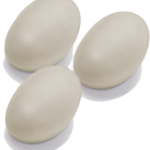Vaginal Ecosystem
A healthy vaginal flora is essential for the maintenance of vaginal eubiosis and for protection against vaginal infections and their relapses.
Clinical studies have shown that an imbalance of vaginal balance, with reduction in the number of lactobacilli and variation in the normal vaginal pH, promotes over growth of pathogenic bacteria with consequent increase in severity of genitourinary infections (vaginal infections of bacterial and fungal origin, urinary infections) and appearance of relapses.
The vaginal lactobacilli in fact protects the vaginal mucosa from colonization by new pathogenic microorganisms and from the overgrowth of saprophytic microorganisms potentially pathogenic by means of various mechanisms such as adhesion and competition for adhesion sites on the vaginal mucosa (interference and aggregation) and for nutrients, acidification of the vaginal environment and production of antimicrobial substances (H2O2, lactic acid) , bacteriocins and bacteriocin-like substances .
DIFFERENT FACTORS MAY ALTER THE BALANCE OF THE VAGINAL ECOSYSTEM
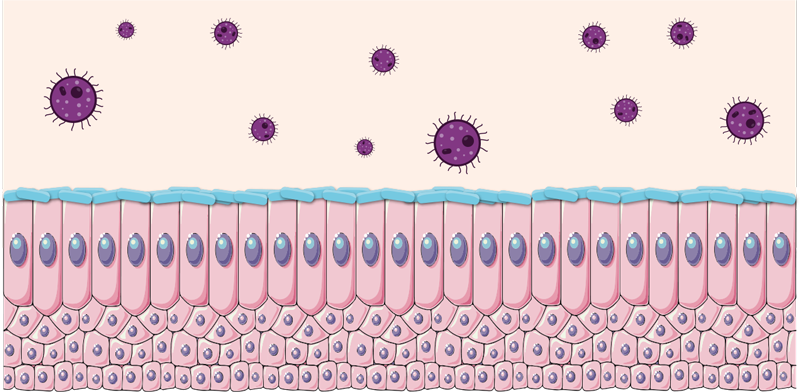 • Hormonal changes (especially estrogenic) due to both cyclical fluctuations that regulate the menstrual cycle, and following pharmacological therapies, stress or use of contraceptives
• Hormonal changes (especially estrogenic) due to both cyclical fluctuations that regulate the menstrual cycle, and following pharmacological therapies, stress or use of contraceptives
• Use of broad spectrum antibiotics
• PH increase of vagina
• Alterations of the plasma glucose concentration (pregnancy, diabetes mellitus etc.)
• Use of spermicides and lubricants
• Sexual activity
• Use of synthetic underwear, showers, irritating soaps, products for intimate hygiene
Microflora
The vaginal microflora of the healthy woman since childbearing age is dominated by the genus Lactobacillus, with a lactobacilli concentration of approximately 107-108 UFC/g the vaginal fluid.
ProVagine® | Vaginal soft capsules
Product features
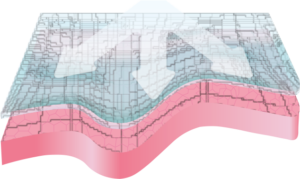 Each capsule contains 108 UFC of Lactobacillus plantarum P 17630
Each capsule contains 108 UFC of Lactobacillus plantarum P 17630
More rapid and effective administration in the vaginal environment compared to oral administration- Emollient and soothing excipients for homogeneous distribution and lubrication of the vaginal mucosa damaged or made dry by infectious and / or inflammatory processes
- Safe even during pregnancy and lactation
Characteristics of the strain
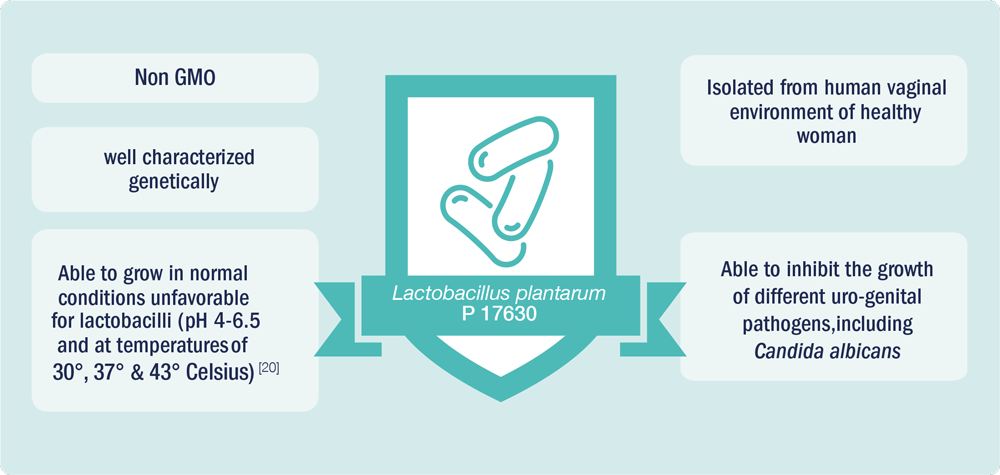 Strain Activity
Strain Activity
- Produces lactic acid, acidifying the vaginal pH
- Demonstrates a high affinity for the sites of adhesion of vaginal epithelial cells
- Reduces the adhesion of Candida albicans to vaginal cells
- Create a biofilm and defends against adhesion of pathogenic microorganisms to the vaginal wall
ProVagine® and Vaginal Infections
Clinically proven
Lactobacillus plantarum P 17630
- Active against vaginal infections due to its high ability to adhere to vaginal epithelial cells
- Reduces the ability of Candida albicans to adhere to vaginal cells:
- it has a greater affinity for the sites of adhesion of vaginal cells than for Candida albicans
- it interferes with the adhesion of Candida albicans through competition and release of anti-adhesive substances
- Resists many antimicrobials used in the treatment of vaginal and urinary infections and in their relapses
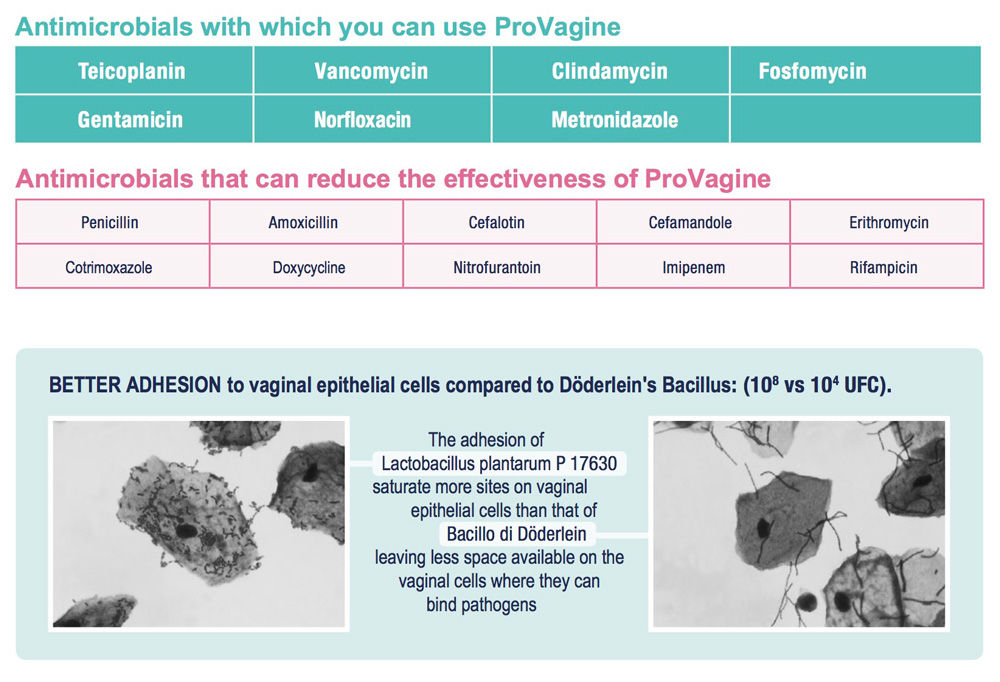
Why to Use ProVagine®?
• Effective in the treatment of Candidal vulvovaginitis and bacterial vaginosis.
• Improves signs and symptoms of vaginal infections (burning, redness, itching, vulvovaginal edema, erythema, leukorrhea).
• Useful in reducing the risk of recurrent infections in patients with recurrent vaginal or genitourinary infections or after treatment with systemic antibiotics.
ProVagine® and Urological Infections
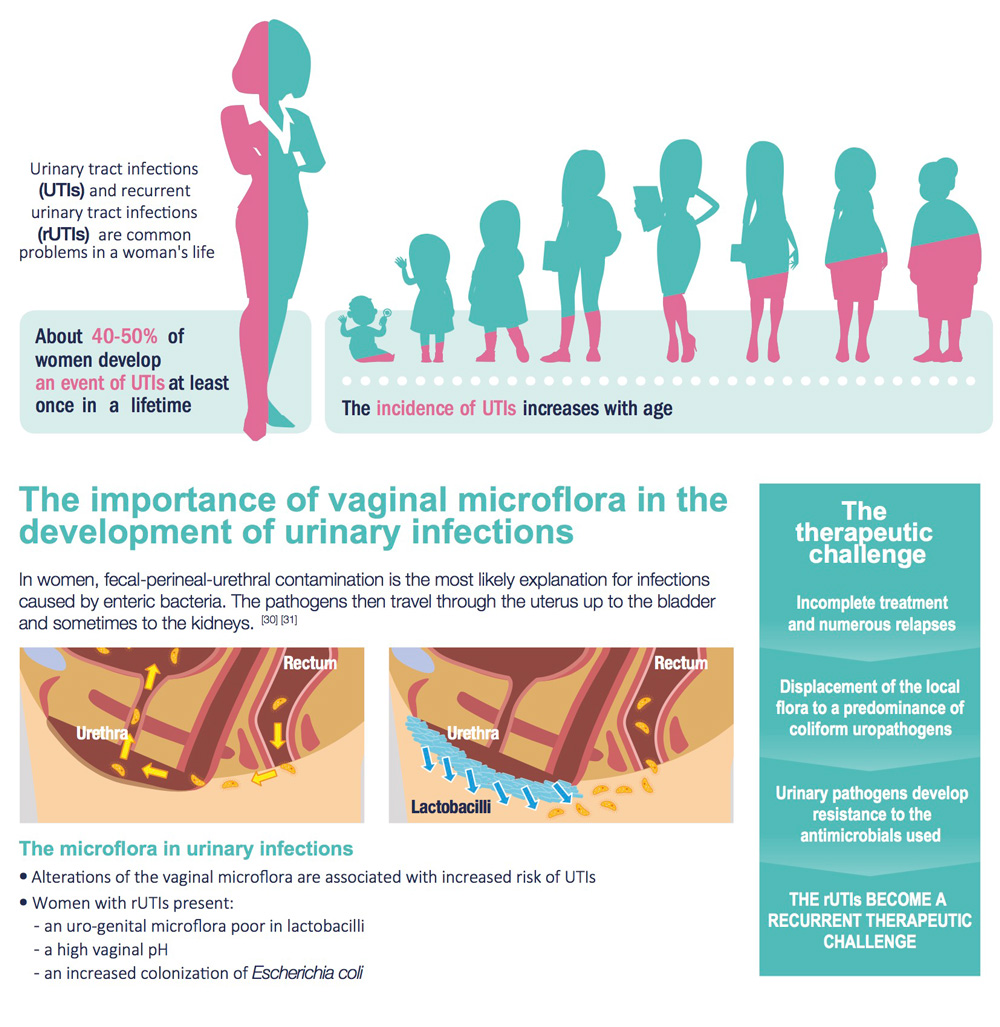
Why to Use ProVagine®?
Lactobacillus plantarum P 17630, thanks to the high ability to adhere to epithelial cells and to produce high quantities of lactic acid, is able to reduce vaginal pH and produce an environment hostile to colonization by pathogens.
A healthy vaginal microflora is able to hinder the ascent of pathogens along the urethral canal and the consequent colonization of the bladder.
Useful in reducing the risk of recurrent infections in patients with genitourinary infections or after treatment with systemic antibiotics.
ProVagine® in Menopausal Genitourinary Syndrome
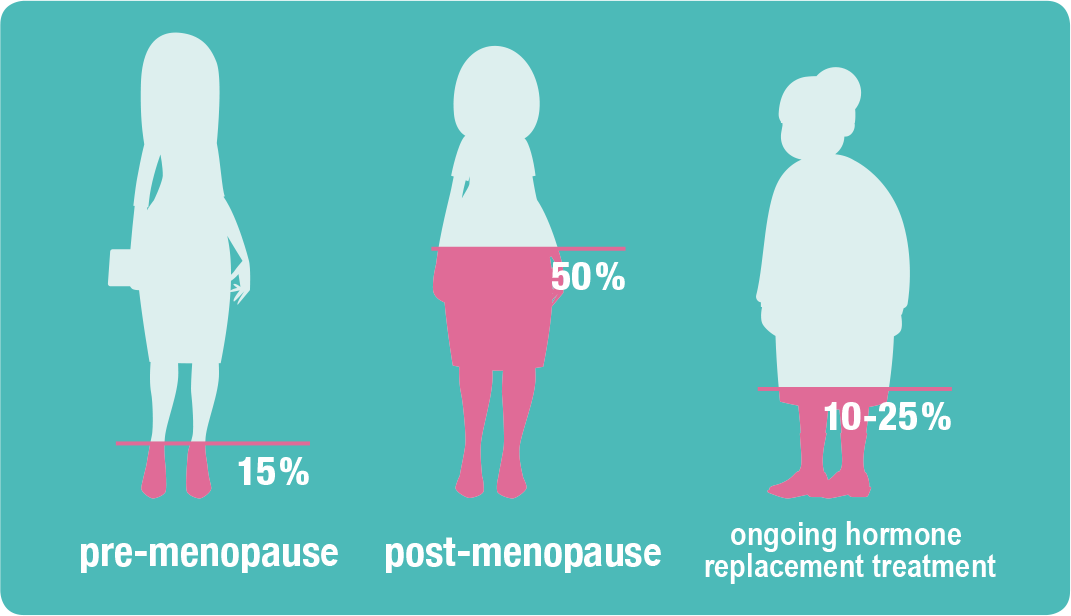
Menopausal genito-urinary syndrome is a chronic condition associated with the reduction / depletion of estrogen levels in menopause that affects large and small lips, clitoris, vagina, urethra and bladd
er. Impacts negatively on the quality of life (QoL) of women, representing one of the main problems related to menopause.
What happens to the vaginal microflora?
Estrogen deficiency (hypoestrogenism) alters both the genitourinary tissues and the composition of the vaginal microflora and the qualitative-quantitative relationships of the microorganisms.

Why to Use ProVagine®?
• Contains an emollient and soothing oil which guarantees a homogeneous distribution on the vaginal wall, and hydrates and lubricates the vaginal mucosa
• Used in pre-, peri- and post-menopause helps restore the normal balance of the vaginal microflora (eubiosis)
• It counteracts pathogenic and uro-vaginal microorganisms through:
– adhesion to the vaginal epithelium,with consequent formation of a biofilm that hinders colonization
– lactic acid production (helping to acidify the pH)

